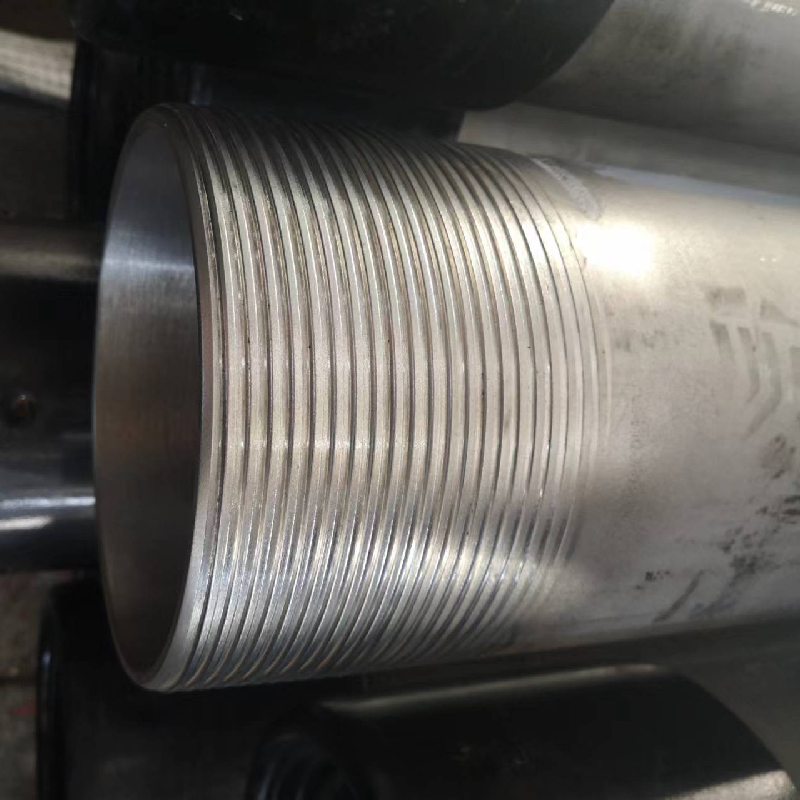- Afrikaans
- Albanian
- Amharic
- Arabic
- Armenian
- Azerbaijani
- Basque
- Belarusian
- Bengali
- Bosnian
- Bulgarian
- Catalan
- Cebuano
- Corsican
- Croatian
- Czech
- Danish
- Dutch
- English
- Esperanto
- Estonian
- Finnish
- French
- Frisian
- Galician
- Georgian
- German
- Greek
- Gujarati
- Haitian Creole
- hausa
- hawaiian
- Hebrew
- Hindi
- Miao
- Hungarian
- Icelandic
- igbo
- Indonesian
- irish
- Italian
- Japanese
- Javanese
- Kannada
- kazakh
- Khmer
- Rwandese
- Korean
- Kurdish
- Kyrgyz
- Lao
- Latin
- Latvian
- Lithuanian
- Luxembourgish
- Macedonian
- Malgashi
- Malay
- Malayalam
- Maltese
- Maori
- Marathi
- Mongolian
- Myanmar
- Nepali
- Norwegian
- Norwegian
- Occitan
- Pashto
- Persian
- Polish
- Portuguese
- Punjabi
- Romanian
- Russian
- Samoan
- Scottish Gaelic
- Serbian
- Sesotho
- Shona
- Sindhi
- Sinhala
- Slovak
- Slovenian
- Somali
- Spanish
- Sundanese
- Swahili
- Swedish
- Tagalog
- Tajik
- Tamil
- Tatar
- Telugu
- Thai
- Turkish
- Turkmen
- Ukrainian
- Urdu
- Uighur
- Uzbek
- Vietnamese
- Welsh
- Bantu
- Yiddish
- Yoruba
- Zulu
Understanding Metric Pipe Couplings for Efficient Fluid System Connections
Understanding Metric Pipe Couplings A Comprehensive Guide
In the realm of plumbing and piping systems, efficient connections are crucial for ensuring the seamless flow of fluids and gases. Among the various components that play a vital role in these systems, metric pipe couplings emerge as essential fittings designed for specific applications. This article delves into the intricacies of metric pipe couplings, including their types, applications, advantages, and selection criteria.
What Are Metric Pipe Couplings?
Metric pipe couplings are fittings used to connect two sections of pipe or tubing of the same or different diameters. They are specifically designed according to metric measurements, which is crucial in regions where the metric system is the standard of measurement. Unlike their imperial counterparts, metric couplings offer precision in measurements, thus ensuring a tighter and more reliable connection.
Types of Metric Pipe Couplings
There are several varieties of metric pipe couplings, each catering to specific applications. The most common types include
1. Screwed Couplings These couplings have threaded ends that allow for easy assembly and disassembly. They are commonly used in low-pressure applications.
2. Welded Couplings Used primarily in systems requiring high strength and stability, these couplings are typically welded onto the pipes, providing a strong, permanent connection.
3. Socket Weld Couplings These are similar to welded couplings but involve inserting the pipe into the coupling before welding. This method is often used in applications requiring high pressure and temperature resistance.
4. Flanged Couplings These feature flange ends, making them easy to connect and disconnect. Flanged couplings are often utilized in larger-diameter pipes and systems involving frequent maintenance.
5. Compression Couplings These couplings involve a mechanical grip, enabling solid connections without the need for welding or threading, making them ideal for PVC and plastic pipelines.
Applications of Metric Pipe Couplings
Metric pipe couplings are used in a wide range of applications across various industries. Some of the predominant fields include
- Municipal Water Supply Ensuring a reliable water supply, metric couplings facilitate connections in water distribution systems. - Oil and Gas Industry They are essential in transporting crude oil and natural gas, where strength and resistance to high pressures are paramount.
- Chemical Processing In environments dealing with corrosive substances, metric couplings made from resistant materials ensure safe and reliable connections.
metric pipe couplings

- Industrial Manufacturing Utilized in various manufacturing processes, these couplings connect pneumatic and hydraulic systems, enhancing productivity
.Advantages of Metric Pipe Couplings
The use of metric pipe couplings offers several benefits
- Precision Metric dimensions allow for accurate connections that minimize leaks and increase efficiency.
- Ease of Use Many types of metric couplings are designed for straightforward installation and maintenance, reducing downtime in industrial settings.
- Durability Often made from high-quality materials, metric couplings withstand harsh conditions, including temperature and pressure fluctuations.
- Standardization Using metric couplings streamlines procurement and inventory management, especially in regions where the metric system predominates.
Selecting the Right Metric Pipe Coupling
Choosing the appropriate metric pipe coupling requires careful consideration of multiple factors
1. Material Select a coupling material that is compatible with the fluids being transported and can withstand the environmental conditions.
2. Size Ensure the coupling matches the diameter of the pipes to be connected, paying attention to any specific tolerances.
3. Pressure Ratings Verify that the coupling can handle the maximum pressure expected in the application.
4. Installation Method Choose a coupling type that fits your installation preferences—whether it requires welding, threading, or simply compression.
In conclusion, metric pipe couplings are an integral part of modern plumbing and piping systems. Their ability to provide reliable, precise connections makes them indispensable across various industries. By understanding the types, applications, and selection criteria for these couplings, professionals can ensure the efficiency and safety of their fluid transport systems.
-
Tubing Pup Joints: Essential Components for Oil and Gas OperationsNewsJul.10,2025
-
Pup Joints: Essential Components for Reliable Drilling OperationsNewsJul.10,2025
-
Pipe Couplings: Connecting Your World EfficientlyNewsJul.10,2025
-
Mastering Oilfield Operations with Quality Tubing and CasingNewsJul.10,2025
-
High-Quality Casing Couplings for Every NeedNewsJul.10,2025
-
Boost Your Drilling Efficiency with Premium Crossover Tools & Seating NipplesNewsJul.10,2025







